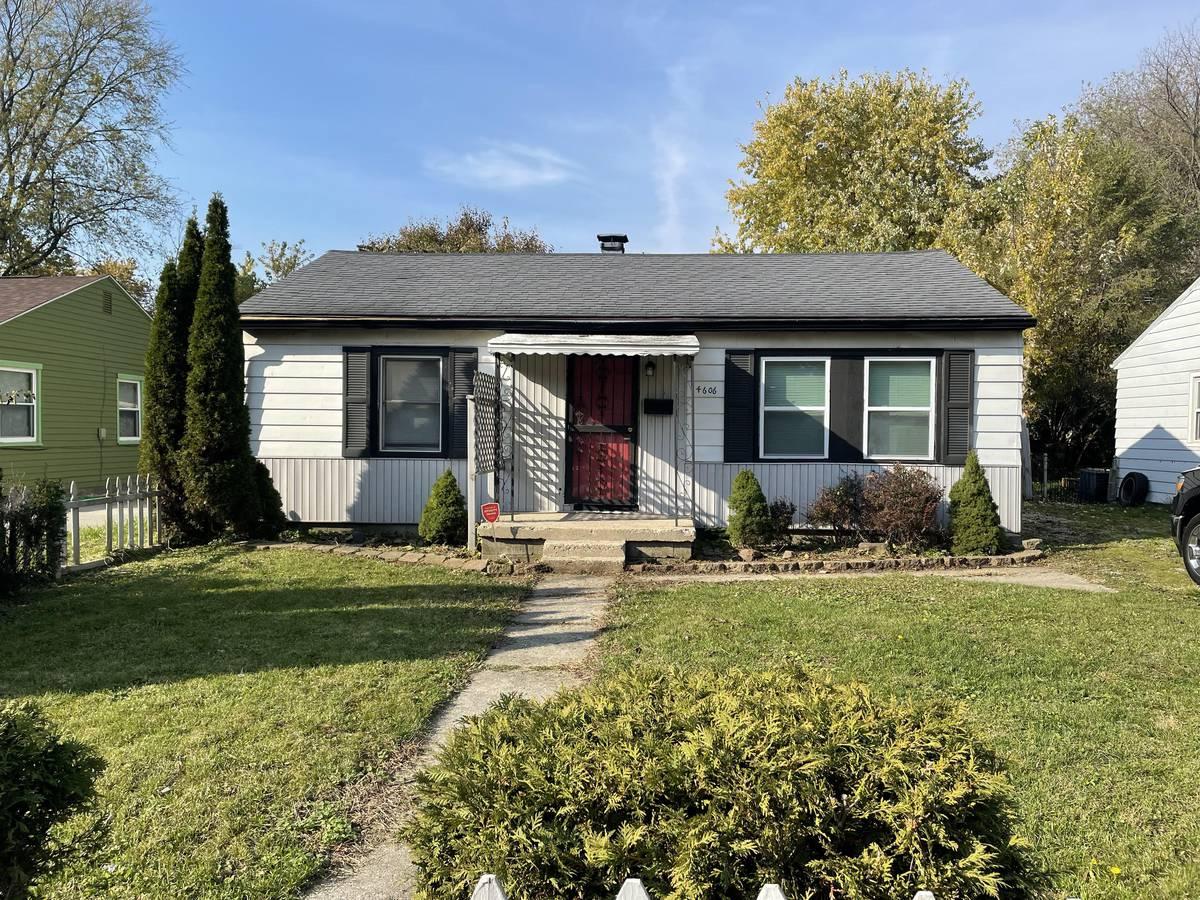As PadSplit rapidly expands across the U.S., we’ve challenged discriminatory zoning laws in various municipalities while striving to increase the availability of affordable homes for essential workers.
Despite the strong influence of NIBMYism, less than 0.04% of the properties listed on the PadSplit Platform have been impacted by occupancy-related citations. These citations relate to the permissible number of unrelated family members in single-family residences and rooming/boarding house claims.
Remarkably, these citations were concentrated in just six jurisdictions out of the hundreds where PadSplit operates. The cases also represent only 0.02% of all rooms on our platform and 0.02% of all hosts. The above results are only possible through a well-thought-out legal strategy and effective management of potential issues.
PadSplit’s legal strategy is a mix of blocking and tackling and legal defenses
As with most of life’s issues, code citation issues almost always stem from an underlying neighbor complaint not related to the number of occupants in the house. If you address the underlying issue when it first occurs, it usually will not grow to a point where a code citation is issued. In PadSplit, we call this “Blocking and Tackling.” Proactive measures and refined processes have allowed our company to avoid and overcome many challenges inherent to co-living. Approximately 90% of issues are promptly addressed and resolved without resulting in code citations.
When concerns are raised by neighbors, PadSplit has established a dedicated portal through which complaints can be easily submitted. Our customer service, legal, and property management teams monitor this portal and quickly respond to neighbors with resolutions to the issue. Even PadSplit’s leadership team monitors this portal and it is not unusual for them to directly address these concerns and interact with the neighbors. This level of Care, Show, Prove underscores PadSplit’s commitment to being a responsible member of every community we serve.
Inevitably, despite reaching out to neighbors to address their concerns, a very small percentage of neighbors will engage code enforcement. PadSplit has built strong relationships with code enforcement officers and city planners across all jurisdictions to ensure swift resolution of issues so a code citation does not have to be written. Directly engaging with code enforcement officers when appropriate has contributed to our track record of fewer than 100 code citations since PadSplit’s inception in 2017.
In the rare instances that PadSplit finds itself in court on a code citation that could not otherwise be resolved, PadSplit has a comprehensive legal strategy designed to point out the discriminatory nature of occupancy-related regulations. These defenses are deployed to not only secure the dismissal of the citations but also open a dialog with the municipality with the goal of reaching an agreement where PadSplit can operate. As a result, PadSplit has not been prevented from operating in any jurisdiction.
As PadSplit continues to expand into new communities, our proven business model and proactive approach to addressing challenges continue to demonstrate its effectiveness, one room at a time.
Declining code citations as PadSplit scales
PadSplit’s legal strategy has resulted in a clear decrease in code citations as we scale. PadSplit has achieved this result due to our successful public disputes in various jurisdictions. After observing our victories, other jurisdictions are now less inclined to engage in legal battles against PadSplit.
Unlike the typical scenario where code enforcement deals with minor infractions like overly bright signs at nearby restaurants, PadSplit’s staunch stance against unconstitutional occupancy and boarding house citations sets us apart. Engaging in such fights demands considerable time, resources, and effort.
Spreading our message takes time, but once jurisdictions and municipalities understand our approach, they’re more inclined to find mutually beneficial resolutions. For instance, the City of Stone Mountain in Atlanta was initially aggressive in issuing code citations against PadSplit homes. However, through negotiation, we’ve established agreements with them, setting specific criteria for our operations in their city. They now recognize the value of collaborating with us and acknowledge our positive impact on their communities. In the City of Riverdale, GA, a judge recently dismissed all code citations based purely on our legal arguments. In both cases, we hope to continue to press the point for local jurisdictions that collaboration with PadSplit is a more effective and efficient strategy than a legal fight, which also prevents local workers from living in the communities they serve.
Due to the intricacies of zoning laws in the United States, our battle is waged jurisdiction by jurisdiction. We must navigate municipal levels to secure victories and lay the groundwork for cooperation as we expand.
Our mission is to address the affordable housing crisis
Our mission is to address the affordable housing crisis regardless of discriminatory zoning laws in municipalities, and we’re prepared to bear the burden of this fight. Our legal victories are beginning to demonstrate the effectiveness of our strategy in practice. It’s not merely theoretical anymore.
At PadSplit, we remain committed to winning constitutional arguments in pursuit of providing affordable housing to essential workers to ensure they can have the opportunity to live in the communities they serve.


